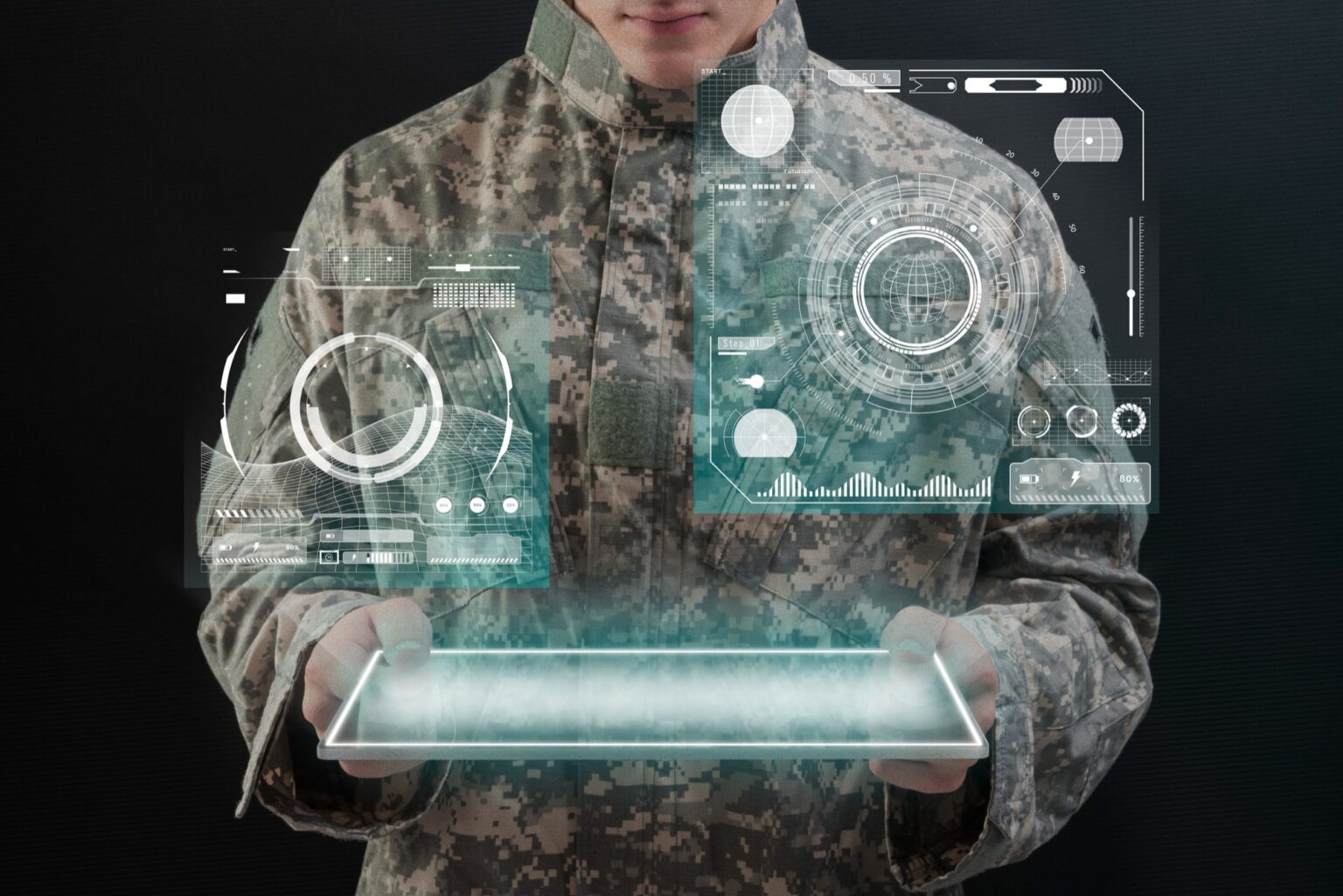Artificial Intelligence (AI) plays a significant role in defense systems and decision-making processes, offering numerous benefits and capabilities. Here are some key aspects of AI’s role in defense:
- Situational Awareness: AI systems can process vast amounts of data from various sources, such as sensors, satellites, and surveillance systems, to provide enhanced situational awareness. By analyzing and synthesizing data in real-time, AI enables defense personnel to have a comprehensive understanding of the battlefield or operational environment.
- Threat Detection and Prediction: AI-powered algorithms can identify patterns and anomalies in data to detect potential threats and predict adversarial behavior. For example, AI can analyze network traffic to identify cyber threats, or it can analyze intelligence data to identify potential terrorist activities. AI algorithms can continuously learn and adapt to evolving threats, improving the effectiveness of threat detection.
- Autonomous Systems: AI enables the development of autonomous systems, such as unmanned aerial vehicles (UAVs), unmanned ground vehicles (UGVs), and autonomous ships. These systems can operate in challenging and hazardous environments without direct human control, performing tasks like reconnaissance, surveillance, logistics, and even combat operations. AI allows these systems to navigate, make decisions, and adapt to dynamic situations independently.
- Decision Support: AI can assist military commanders and decision-makers by providing data-driven insights and recommendations. AI algorithms can analyze vast amounts of data, including historical information, intelligence reports, and real-time data, to support decision-making processes. This helps commanders to make more informed and timely decisions, improving operational effectiveness.
- Cybersecurity: AI plays a crucial role in enhancing cybersecurity in defense systems. It can detect and respond to cyber threats in real-time, identify patterns of malicious activities, and adapt to new and emerging cyber threats. AI can also assist in vulnerability assessments, identifying potential weaknesses in defense systems, and recommending mitigation strategies.
- Logistics and Resource Management: AI can optimize logistics and resource management in defense operations. It can analyze supply chain data, predict maintenance needs, optimize transportation routes, and allocate resources efficiently. This helps reduce costs, improve readiness, and enhance overall operational efficiency.
- Simulation and Training: AI can be used to create realistic and immersive simulation environments for training defense personnel. AI algorithms can generate dynamic scenarios, adapt training programs based on individual performance, and provide personalized feedback. This allows military personnel to enhance their skills, decision-making abilities, and situational awareness in a safe and controlled setting.
- Ethical Considerations: The use of AI in defense systems also raises important ethical considerations. It is crucial to ensure that AI systems are developed and deployed in accordance with ethical guidelines and international laws. Issues such as accountability, transparency, and human oversight need to be carefully addressed to mitigate potential risks and ensure responsible use of AI in defense.
Overall, AI has the potential to transform defense systems and decision-making processes, providing enhanced capabilities and improving operational effectiveness. However, it is important to develop AI systems responsibly, addressing ethical considerations and ensuring that human judgment and oversight remain integral parts of the decision-making process in defense operations.



